Don't miss out on the best jobs!
Subscribe to HelpGoAbroad and weekly we will sent you an email with latest job posts. Provide your email address below
So you’re visiting Medellín for a while. You saw the Christmas lights. You stared into the night sky at Plaza de la Luz, rode the San Javier open air escalators, and toured four or five of the Parque Bibliotecas. You rode the metrocable to Mazaanti’s Parque Biblioteca España and hiked Parque Arví. You’ve done it all.
Now you’re ready to experience more of the city, a town former Mayor Luis Perez called “an urban poem.”
Here are three parks, three museums, and one tour that will you get to the next level of expertise. (The water park is for fun.)
Water Park (Aeroparque Juan Pablo II)
The water park is called an “aeroparque” not because it’s located next to one of Medellín’s two airports (which it is), but because the activities take place without cover, in open air. While the park includes paths for rollerblading, bicycling, and jogging, the aquatic facilities are what draw people from around town. Attractions include a wave pool, three waterslides, a children’s pool with miniature waterslides, a zip-line, and a semi-Olympic lap pool. Recommendation: Bring a lycra swimsuit and a swim cap, required for men and women. Bring a willingness to play like a kid as well. The aeroparque is a family affair.
Location: Carrera 70 #16 04, next to the airport.
Hours: 9:30 am to 4:00 pm Tuesday – Friday, and 9:30 am to 6:00 pm on Saturday, Sunday and holidays.
The President’s Linear Park (Parque Lineal La Presidenta)
A nature retreat in the middle of Medellín’s finance and business area, Parque Linear La Presidenta includes pedestrian bridges and brick and dirt pathways. The open space encourages rest and contemplation in the middle of a workday.
Location: along Avenida El Poblado and Parque Lleras
Barefoot Park (Parque de los Pies Descalzos) & Interactive Museum EPM
Designed for barefoot play by architect Felipe Uribe de Bedout, this public space includes shallow wading pools, large and small water fountains, and areas made entirely of sand. The greener parts include trails and bamboo forests. Seemingly inspired by the aesthetics of geometry, the park’s large quadrilateral and circular cement shapes preside over the elements of dirt and water next to the Interactive Museum EPM, a science museum where children can ask questions about the elements of water, energy, and gas.
Location: in the “administration” part of the city, next to the Medellín Metropolitan Theatre (Teatro Metropolitano de Medellín José Gutierrez Gómez) and the Medellín River
Botero Plaza (Plaza Botero) & the Museum of Antioquia (Museo de Antioquia)
Information and visitor’s booths around Medellín distribute complimentary maps and guidebooks with pictures of sculptures on the front. These sculptures are the work of internationally recognized Colombian artist and sculptor Fernando Botero and are featured in Botero Plaza and the Museum of Antioquia. The Botero Plaza is free and features twenty-three Botero sculptures while the museum costs ten thousand Colombian pesos (about $4.20 in US) and features a larger Botero collection, including paintings, as well as work by other local and regional artists such as Pedro Nel Gómez. Botero is known for his voluminous portrayals of animals, people, fruits, and landscapes, where characteristics may be exaggerated or dwarfed, a choice Botero believes exalts the sensuality of his subjects.
Location: the plaza and the museum are at the heart of Medellín’s downtown area (El Centro) and can be reached by getting off at the Parque Berrio metro station
House of Memory Museum (Museo Casa de la Memoria)
The building of a museum dedicated to remembering the city’s history of violent conflict (and subsequent efforts at rebuilding peace) has itself been conflicted. Yearly decreases in the museum’s budget as well as changes in the city’s mayoral leadership have been cited as challenges for the new museum, and while the first official opening was in 2011, times since then have seen the museum close its doors to the public. The museum is open now, and the variety of somber, sensitive, and informative exhibits commemorate the victims of the city’s old ugliness and simultaneously strive for continued peace and reconciliation. “Remember to not repeat” is the guiding principle behind the museum.
Location: Calle 51 #36-66 (Bicentennial Park, behind the Teatro Pablo Tobon Uribe)
Hours: 9:00 am to 7:00 pm Monday – Friday, and 10:00 am to 4:00 pm on Saturday, Sunday and holidays
The Castle Museum (Museo el Castillo)
The Castle Museum offers permanent exhibitions in porcelain, stained glass, tapestries, paintings, and sculptures. As of this Jan. 2015 writing, temporary exhibits included the Hall of Decorative Arts (Salón de Artes Decorativas) featuring practical everyday objects like tables and chairs notable for their quality in material, composition, and technique, as well as the Exposición de Pesebres, a collection of more than 120 cribs constructed from a variety of fabrics and materials intended to celebrate “birth” in general and the role of the Christ’s manger in traditional Christmas nativity scenes in particular. The museum, designed as a gothic medieval castle around 1930, features brick spires and formal gardens.
Location: Calle 9S #32-269
Hours: 9:00 am to 6:00 pm Monday – Friday, and 10:00 am to 6:00 pm on Saturday, Sunday, and holidays
The Free Walking Tour
Ranked #1 of 49 activities to do in the city on tripadvisor and notable for its emphasis on storytelling over fact-sharing, the Free Walking Tour provides the city’s visitors with English-speaking guides ready to share relevant historical anecdotes and descriptions of Medellín’s colorful culture, sometimes for up to four hours. Participate in this exploration of the downtown parks, squares, and streets – an area known as El Centro – by booking ahead of time through Real City Tours. The tour is free, and the guides accept tips at the end of the walk. Tours happen twice a day on weekdays only.
Location and time: morning tours meet at 8:54 am at the Poblado station ticket booth and at 9:14 am at the Alpujarra station’s northern ticket booth. Afternoon tours meet at 2:24 pm at the Alpujarra station’s northern ticket booth.
Sign in to publish a comment
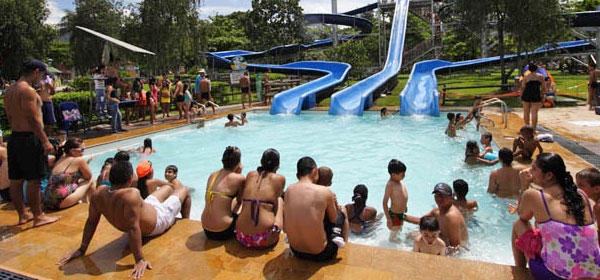
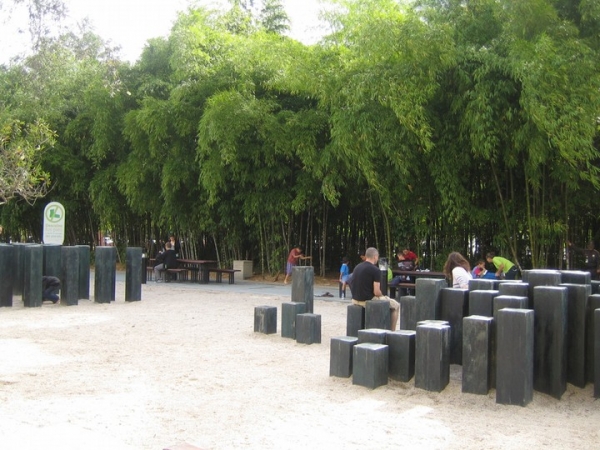
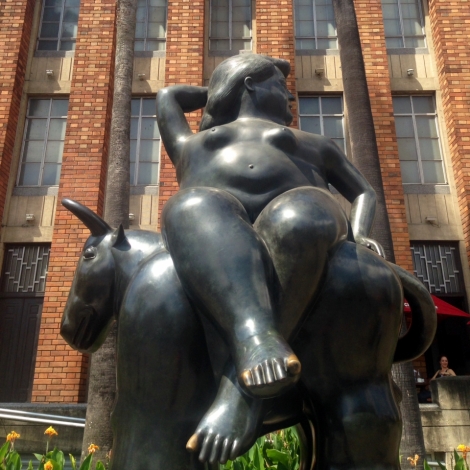
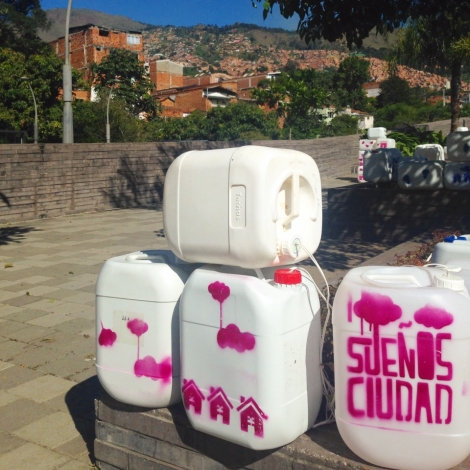
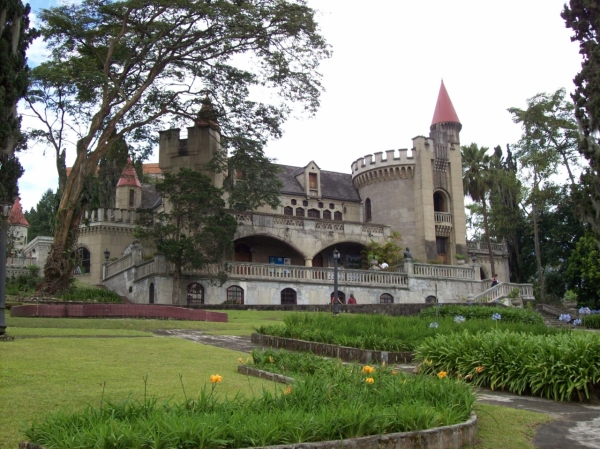
Be the first to comment on this post.